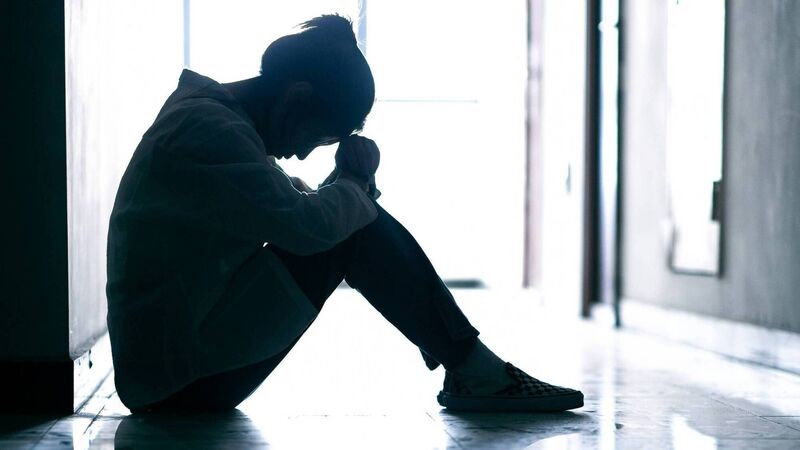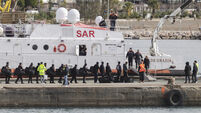'I don't want to picture what will happen if my daughter becomes a child bride'

Since she learned in March that she and her mother would be deported back to South Africa, the girl became suicidal and was hospitalized for seven days after her suicide attempt. File photo: iStock
Words half swallowed by heaving, gut-wrenching sobs, Anna described cutting her 13-year-old daughter free from a ligature just in time last week. Minutes later, and she would have found her precious “miracle” baby’s body limp and lifeless in the small bathroom of their accommodation.
Her daughter, called Rosie in this article to protect her identity, became suicidal since she learned in March that she and her mother would be deported back to South Africa. They are terrified that her father, a man from Mozambique, will try to kidnap her – again – to marry her off to a local king in his community for financial gain.














